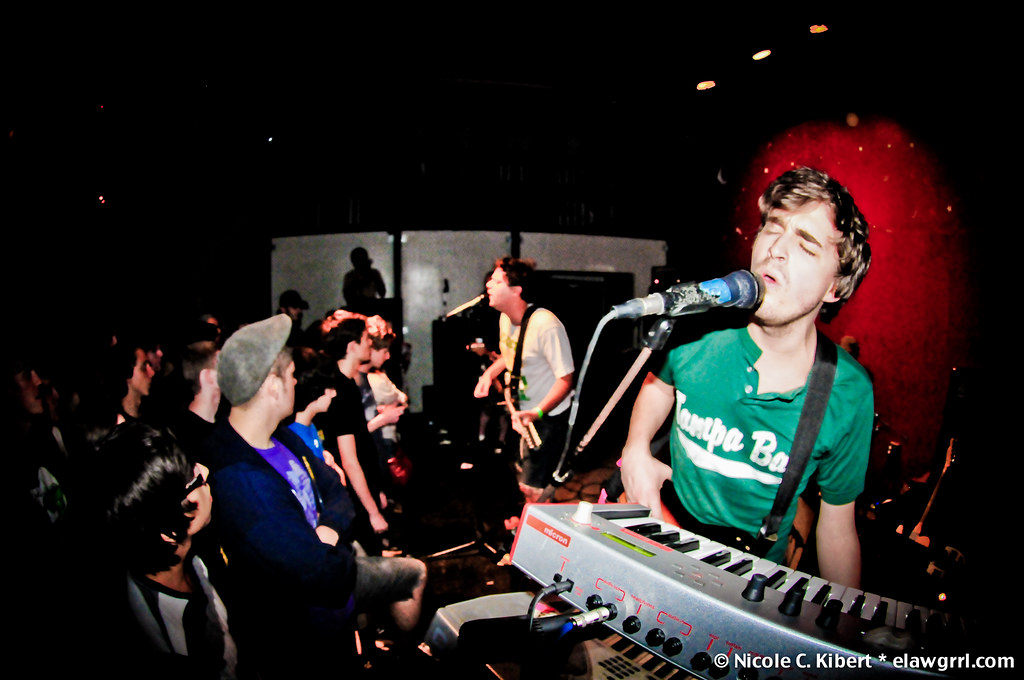Do you want to be successful in the music industry? Then start networking! Maintaining strong professional connections is essential for any artist or music industry professional looking to succeed in the competitive music business. To help you build these important relationships, we have compiled some essential tips for effectively networking in the music industry. Read on to learn the basics of successful networking.
1. Benefits of Networking in the Music Industry
Networking in the music industry is invaluable for staying connected in the ever-evolving industry. With the right connections, you can expand your presence and raise your profile. Here are some of the key :
- Build your reputation – When you network in the music industry, you can build a strong reputation with influencers and professionals. Being well known and respected in the music industry can open up opportunities for you down the line.
- Be at the forefront of music industry news – Networking allows you to stay connected with the current news in the music industry so that you can stay informed on industry trends and changes. This can be helpful for when it comes to producing music and staying ahead of the competition.
- Make connections with other musicians – Networking is a great way to make professional contacts. You can meet new people and make vital contacts that can help you grow and take your music career to the next level.
Networking in the music industry can give you the edge you need to become successful in the field. You can learn from your contacts and build relationships that can bring your music career to the next level. With the right connection, you can make your mark in the music industry.

2. Preparing to Network Effectively
To increase the effectiveness of your networking efforts, it’s important to prepare yourself beforehand. Here are the key steps you need to take:
- Do your research. Get to know the organization, people, or event you plan to attend. Read up on their mission and goals. Check out their blog, social media profiles, and recent news. Planning ahead will help you identify potential connections to seek out and topics to discuss.
- Set a goal. Determine what is the purpose of the event or the relationship you plan to build. Are you looking to make new business contacts, learn resources on a specific topic, or refine your job seeking skills? Having an objective will help guide your conversations.
- Identify the right people to talk to. Who should be your priority? Once you’ve done your research, you’ll have a better idea of who are the key people in the organization or the group you are targeting.
- Create an elevator pitch. Having a few sentences you can use to talk about yourself can be an invaluable asset during the networking process. Craft an elevator pitch that briefly summarizes your experience, current projects, and goals.
- Practice. Write out a script of a few potential conversations. The more comfortable you are with yourself and the topic, the more confident and relaxed you’ll be.
Lastly, make sure to bring any materials you may need for the conversation. Have your business cards, a list of potential questions to ask, and a few talking points in mind. Getting ready ahead of time can help you relax and focus your energy on building meaningful connections.
3. Identifying and Engaging with Potential Contacts
The first step to effectively networking is to identify potential contacts who align with your career goals. To be successful, you must invest the necessary time and energy into this process. Here are several simple strategies for identifying and engaging with contacts:
- Research: Utilize online tools such LinkedIn to research potential contacts in your industry or profession.
- Attend Events: Attend in-person events such as meet-ups, industry conferences, seminars, etc. introduce yourself, make connections, and exchange business cards with industry professionals.
- Tap into Your Network: Connect with your existing peers and inquire about networking opportunities. Ask questions and tell them what you’re looking to gain from targeting certain contacts.
Once you identify potential contacts and understand how they can help you meet your career goals, the next step is to engage with them. Consider hosting a casual lunch or coffee where you can share your story and learn about their experience and expertise. Additionally, you can join networks and groups on social media and develop relationships with people through frequent interaction and content sharing. Finally, attend professional and social events as chances are you may meet someone who can help serve as a mentor.

4. Strengthening Professional Relationships in the Music Industry
Making meaningful connections in the music industry can be difficult, but there are steps you can take to ensure successful networking and professional relationships.
- Be an active listener – Give your full attention when interacting with others.
- Take the initiative – Reach out to industry leaders or those you’d like to connect with.
- Stay true to your values – Being genuine will help you create meaningful relationships.
- Be prepared – Before attending networking events or meetings, know the goals and objectives you wish to achieve.
You should also be open and honest about your aspirations in the music industry as well as your skills and experiences. Showing that you are genuine and interested in working with those in the industry will help create relationships and boost your network. Finally, stay in touch with the people you meet as regular contact helps maintain useful professional relationships.
Networking in the music industry can be intimidating and competitive, but it doesn’t have to be. Hopefully this article has shed some light on the importance of networking, so you can focus on connecting with industry professionals and making meaningful connections with other musicians. With the right attitude and a bit of effort, you can master the art of networking in the music industry and make it work for you.

